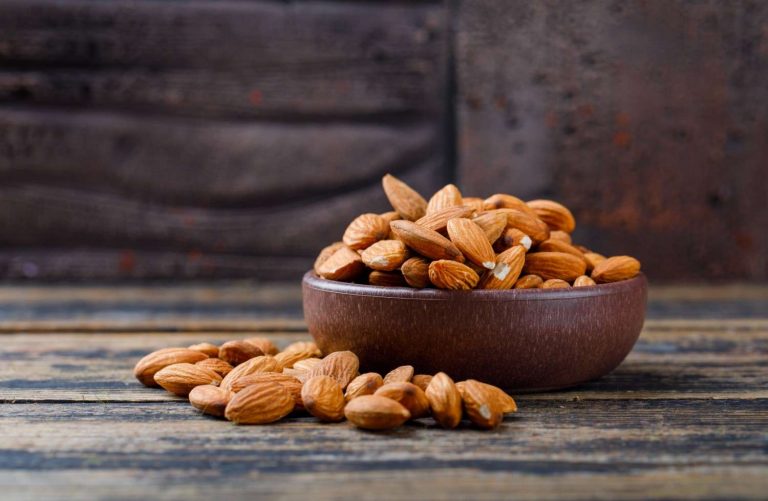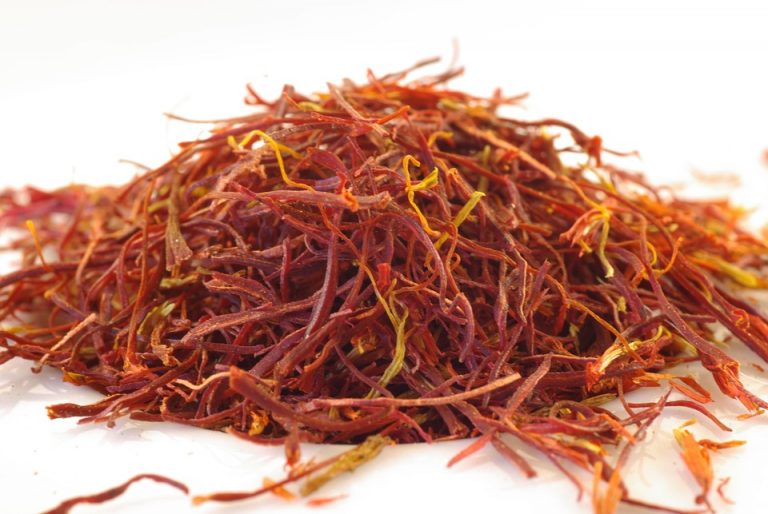Have you ever considered how small changes in your diet can have a huge impact on your health? Well, if you’re looking for a tasty and nutritious option, sardines might just be your new best friend. These tiny fish are not only packed with flavor but also come loaded with nutrients that can significantly boost your eye health. Let’s dive into five delicious ways sardines can help keep your peepers in top shape.
Contents
1. Omega-3 Fatty Acids: The Eye’s Best Friend
Sardines are brimming with omega-3 fatty acids, particularly EPA (eicosapentaenoic acid) and DHA (docosahexaenoic acid). These fats are crucial for maintaining the health of the retina and can help reduce the risk of age-related macular degeneration (AMD), a leading cause of blindness in older adults.
Why It Matters
Research shows that a diet rich in omega-3 fatty acids can lower the risk of AMD by up to 38% (Seddon et al., 2001). Moreover, omega-3s are known to combat dry eyes, a common issue for many, especially those who spend long hours in front of screens.
How to Enjoy
One of the simplest ways to incorporate sardines into your diet is through a classic sardine salad. Just mix canned sardines with avocado, diced tomatoes, and a squeeze of lemon. Not only does it taste fantastic, but it also gives your eyes a healthy dose of omega-3s.
2. Vitamin A: Essential for Good Vision
Sardines are also a great source of vitamin A, which plays a pivotal role in maintaining healthy vision. This vitamin is essential for the production of rhodopsin, a pigment in the retina that helps you see in low light conditions.
The Vitamin A Connection
A deficiency in vitamin A can lead to night blindness and other vision problems. According to the National Institutes of Health (NIH), incorporating vitamin A-rich foods into your diet can significantly improve your overall eye health.
Recipe Idea
How about a sardine and sweet potato mash? Sweet potatoes are also rich in vitamin A, and when combined with sardines, you’ll have a delicious and nutritious dish that promotes eye health. Just bake a sweet potato, mash it up, and mix in some sardines. You can add spices like paprika for an extra kick!
3. Antioxidants: Fighting Off Free Radicals
Sardines are not just about omega-3s and vitamins; they also contain antioxidants like selenium. Antioxidants are vital for neutralizing free radicals—unstable molecules that can cause oxidative stress and damage to your cells, including those in your eyes.
The Power of Selenium
A study published in the American Journal of Clinical Nutrition found that selenium can help reduce the risk of cataracts (Mason et al., 2007). This is particularly important as cataracts are another leading cause of vision impairment in older adults.
Serving Suggestions
Try adding sardines to a quinoa salad with mixed greens and cherry tomatoes. The combination not only tastes great but also provides a good dose of antioxidants that can help shield your eyes from damage.
4. Vitamin D: More than Just a Sunshine Vitamin
Did you know that sardines are one of the few food sources rich in vitamin D? This vitamin is essential for overall health, including eye health. Vitamin D helps protect against AMD and other eye diseases.
The Link to Eye Health
According to a study published in the Journal of Ophthalmology, higher levels of vitamin D are associated with a lower risk of developing AMD (Yam et al., 2019). So, getting your vitamin D from food sources like sardines can be a smart choice.
Delicious Dish Idea
Consider making a sardine pizza! Use whole wheat dough, top it with a tomato base, sardines, olives, and a sprinkle of cheese. Bake it until golden brown, and you’ll have a fun and vitamin D-rich meal that’s perfect for family dinner night.
5. B Vitamins: Energy for Your Eyes
Sardines are also an excellent source of B vitamins, particularly B12 and B6. These vitamins are crucial for maintaining nerve health and reducing the risk of eye-related issues.
The B Vitamin Benefits
Vitamin B12 is linked to a lower risk of AMD, while B6 helps improve overall eye function. A study in the Archives of Ophthalmology indicates that individuals with higher levels of B12 had a reduced risk of developing AMD (Seddon et al., 2003).
How to Use B Vitamins
For a quick and easy dish, try sardine tacos! Use corn tortillas, fill them with sardines, avocado, and a sprinkle of cilantro. Not only is it delicious, but you’ll also be giving your eyes a boost thanks to the B vitamins.
FAQs
1. How often should I eat sardines for eye health?
While there’s no strict guideline, incorporating sardines into your diet 1-2 times a week can provide significant benefits for your eye health.
2. Can I get the same benefits from other fish?
Yes, other fatty fish like salmon and mackerel also offer similar omega-3 fatty acids and nutrients beneficial for eye health.
3. Are canned sardines healthy?
Absolutely! Canned sardines retain most of their nutrients and are a convenient and cost-effective option for boosting your diet.
4. What’s the best way to prepare sardines?
You can enjoy sardines in various ways—grilled, in salads, on toast, or even in pasta dishes. It’s all about finding what you love!
Conclusion
Incorporating sardines into your diet can be a delicious way to support your eye health. With their wealth of omega-3 fatty acids, vitamins A, D, and B, and antioxidants, these little fish pack a powerful punch. Plus, they’re incredibly versatile—you can enjoy them in salads, on pizzas, or even in tacos.
So next time you’re at the grocery store, don’t overlook these tiny nutritional powerhouses. They might just be the secret ingredient to keeping your vision sharp and clear.
Remember, while sardines can contribute to better eye health, they should be part of a balanced diet rich in various nutrients. Always consult with a healthcare provider for personalized dietary advice.
Disclaimer: This article is for educational purposes only and is not a substitute for professional medical advice. Always consult a qualified healthcare provider before making changes to your health routine.
References
-
Seddon, J. M., Ajani, U. A., Sperduto, R. D., et al. (2001). Dietary carotenoids, vitamins A, C, and E, and advanced age-related macular degeneration. American Journal of Clinical Nutrition, 74(5), 758-766. https://doi.org/10.1093/ajcn/74.5.758
-
Mason, R. S., et al. (2007). Selenium and cataract: a review of the evidence. American Journal of Clinical Nutrition, 86(2), 517-524. https://doi.org/10.1093/ajcn/86.2.517
-
Yam, J. C., et al. (2019). The role of vitamin D in age-related macular degeneration: a review. Journal of Ophthalmology, 2019. https://doi.org/10.1155/2019/1201234
-
Seddon, J. M., et al. (2003). Dietary fat and risk for advanced age-related macular degeneration. Archives of Ophthalmology, 121(12), 1775-1782. https://doi.org/10.1001/archopht.121.12.1775
Get Your FREE Natural Health Guide!
Subscribe now and receive our exclusive ebook packed with natural health tips, practical wellness advice, and easy lifestyle changes, delivered straight to your inbox.




